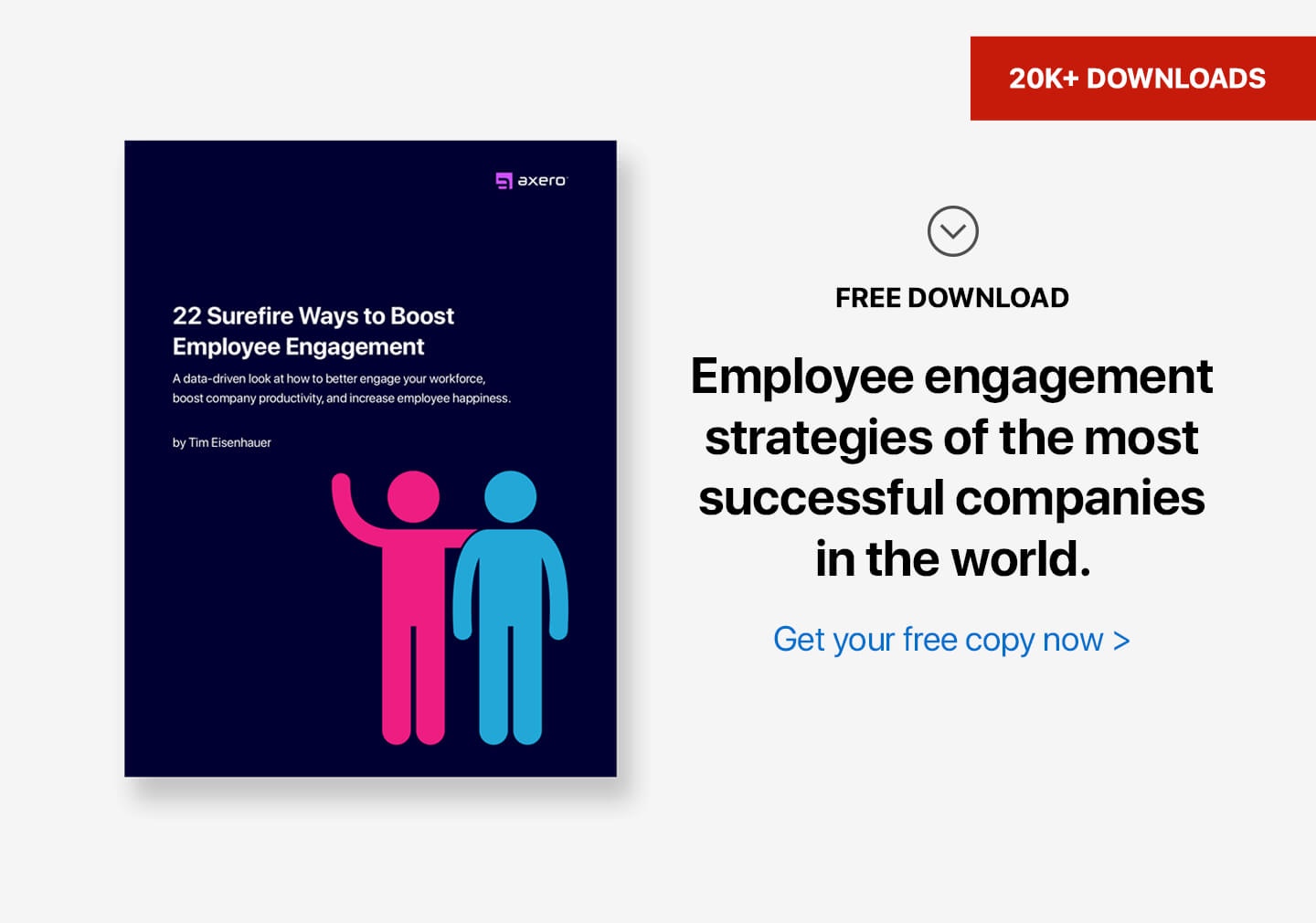“Staff are silent, do not speak up their minds”
— Rewards & Performance Manager
In the last post, we dealt with negative employees who made no secret of their feelings. Today’s challenge is the opposite: team player types who hold their peace.
First, I bet neither one of these managers realizes how lucky he is not to have the other manager’s problem. Open hostility is unpleasant—until you think of concealed apathy and resentment. Which would you rather have?
Likewise, it’s annoying to coax thoughts and preferences out of your staff. After all, they are paid to contribute. And sometimes that means giving their honest opinion. What’s wrong with that? Nothing—unless this opinion is unfavorable toward you, the rest of the management, and each other.
A story I heard recently illustrates this point. To meet the earnings target, the board at this company took away the employees’ annual raise. The CEO hammered out a classic shit-sandwich announcement, slipping one line about the salary freeze between flowery descriptions of the company’s proud past and bright future.
Next, this CEO sent the draft announcement out to his management team asking them to review and comment on the language. Only two out of thirty executives replied to his email. You could say that the rest did not speak their minds, but their silence was louder than words. They found the decision appalling and wanted nothing to do with it.
One has to wonder if something like that is happening to our Rewards and Performance Manager. Is the company fair to employees? Does it consistently reward loyalty and performance? Is it transparent about important decisions? Or does it hide its tracks while punishing employees for the management’s mistakes?
It’s hard to imagine inclusive and empowering management inviting employees to open and honest dialogue and getting met with awkward silence. Silence usually means you’re asking the wrong question of the wrong people at the wrong time. Let’s take these one at a time.
Wrong Question
Market researchers and journalists know that how you ask a question determines the answer you will get. Open-ended, probing questions invite people to show what’s on their minds, while more specific, multiple-choice type questions tend to expose the questioner’s mind.
People naturally want to know why you’re asking. They may become suspicious of your motive if they feel your questions are leading them in a particular direction. And if your company is anything like the one in my example, your employees may suspect management by default.
People can sense a hidden agenda by what’s being left off the table. And if they object to it, they will boycott the question. That’s what happened to the CEO who asked his team to comment on his draft announcement.
Because the decision itself was not up for debate, the executives understood—correctly—that the CEO was requesting their help in selling the salary freeze to the employees, whether or not they agreed with it. Most likely, this CEO knew all too well that he was making an unpopular move and stonewalled his team from giving him any real feedback. It was only fair that he got stonewalled in response.
Wrong People
The simplest reason for your people to give you a blank stare is that they don’t know or don’t care. Before we jump to the conclusion that they are incompetent or disengaged, it would be interesting to hear their side of the story. Except how do you get a story out of someone who won’t talk to you?
There’s got to be a living soul in the company our Rewards & Performance Manager can talk to. He sounds an awful lot like a recent hire who is about to discover that his new coworkers are nothing like the ones he left at his old job. Could a long-time employee who knows the company’s history and understands its culture fill him in? Often, one person is all it takes to break the ice between yourself and your cliquish coworkers.
Wrong Timing
Speaking of breaking the ice, I’d like to see this Manager take a few people out for a beer (coffee, pizza, sushi, pick-your-own strawberries…) It sounds counterintuitive, given the silent treatment he is receiving in the office, but shouldn’t a Rewards & Performance Manager be able to mix things up?
I am curious to see what kinds of topics will pop up naturally once people are in a relaxed setting off company time, with nothing else to do but socialize. If the mystery of their silence does not solve itself, the Manager could prod for a clue. “Hey, I thought you were all a bunch of wallflowers! How come you don’t talk like this in the office?”
But maybe the solution to this Manager’s challenge is easier than we think. Where has he tried to talk to his employees? In meetings? On conference calls? Human psychology tells us that groups are much less responsive to unfamiliar requests than are individuals.
When alone, we respond directly to the person speaking to us. However, in groups, we often require “social proof” before we act. This means we will look to others to respond first, to gauge what kind of response is appropriate. What happens when everyone is waiting for someone else to speak up? That’s right. Silence.
I wonder if this Manager has tried talking to employees one-on-one. Some managers like to casually slip burning questions into their coffee room chitchat. Others methodically schedule one-on-ones during breakfasts, lunches, stay interviews—or any other excuse to get to know their people. Some managers try to meet with as many employees as possible. Others will invite specific individuals. The point is to remove distractions and get a little personal. Can you do it?
It’s hard to manage people if you don’t know what they are thinking. This Rewards & Performance Manager is on the right track trying to get employees to speak up. It could take some work on his part to get on the same wavelength with them. On the plus side, it may be the most rewarding part of his job.
____
If you like your employees to speak up, you might like my book, because it takes away their reasons to clam up.












 info@axerosolutions.com
info@axerosolutions.com 1-855-AXERO-55
1-855-AXERO-55


